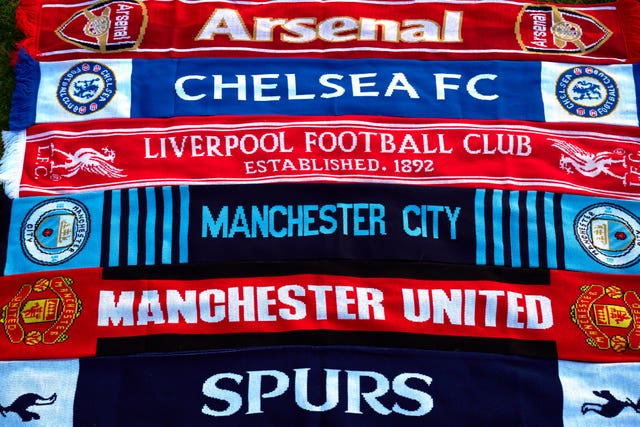Key questions concerning the European Super League answered
Three of the original 12 clubs involved are still standing firm.

Nine of the original 12 clubs who publicly signed up to the aborted European Super League have publicly committed to existing structure and agreed to significant financial sanctions in a bid to draw a line under the incident.
But what is behind their collective move, and what happens to the three clubs who are refusing to renounce the quickly-aborted format?
Here, the PA news agency sifts through the pertinent questions.
What have the nine clubs promised and why?
The clubs concerned have issued a ‘Club Commitment Declaration’, which ostensibly ties them to existing international and national club competitions. In return, they will get to rejoin the influential European Clubs Association, and thus potentially be able to play a significant part in re-shaping UEFA competitions from within.
Have they got away with it?

What has the Football Association had to say?
The FA has launched an inquiry and will consider the “appropriate steps” at the end of the process. Meanwhile, the Premier League has launched an ‘owners’ charter’ which will require owners of member clubs to sign up a series of ‘core principles’ which effectively preclude them from considering any future breakaways.
What about the other three?
Real Madrid, Barcelona and Juventus have hit back at what they describe as “intolerable pressure” from UEFA. In a statement the three clubs said it would be “highly irresponsible” to abandon the need to reform European football. They are set to face significant sanctions from UEFA. The European game’s governing body has so far refused to be drawn on what those sanctions might entail, but there is talk of the clubs involved being handed two-year bans from continental competition.





